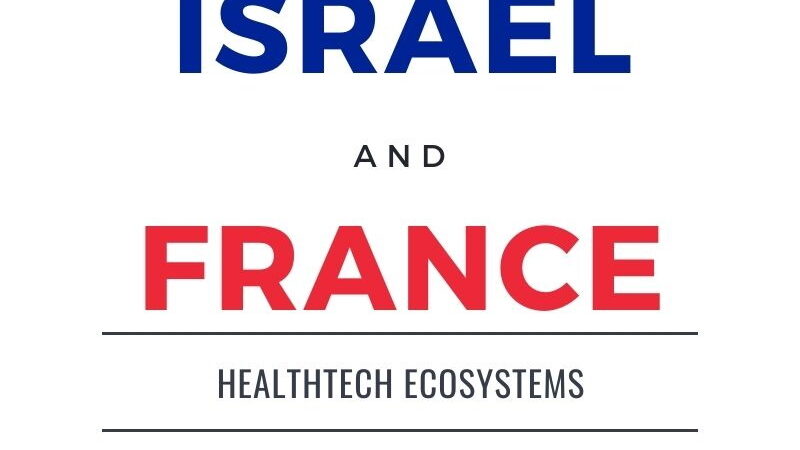2020 has been an eventful year for everyone but more so for the healthcare and healthtech sectors. We at Azapharm, have been keeping a close eye on the two ecosystems we are most close to and work with: Israel and France.
Both countries have amazing groundbreaking innovation and they are pushing forward with full steam ahead.
Below you will find our summary for each of the ecosystems, and infographic comparing them.
France HealthTech Ecosystem
In just five years the French health focused ecosystem has doubled its turnover with 2,000 innovative companies in generating a global turnover of nearly 800 million euros in 2019 alone. The French healthtech ecosystem consists of more than 2,000 companies, including 750 biotech, 1,100 MedTech and 200 startups specializing in eHealth and digital health. The companies have filed for over 30,000 patents, more than half outside Europe. Two-thirds of the companies develop therapeutic products and solutions for human purposes. Innovative medical devices come second, ahead of bioinformatics and animal therapy. In total, more than 4,000 medical innovations are in development or marketed, including 1,900 biotechnology products, 2,200 medical devices and 400 connected health products. The key focus of the ecosystem in France is on early detection and diagnosis, cures and improvement of human life expectancy.
Israel HealthTech Ecosystem
According to the Ministry of Economy and Industry, Israel, the life sciences and healthtech ecosystem engages in diverse and professional research, as is evident from the extent of academic publications in the field. It benefits from commercialization companies that operate in Israel, as can be seen by the number of patent applications that they submit. Knowledge and technology transfer are key factors in the success of this ecosystem: much of Israel’s financial success can be attributed to its ability to realize its technological and scientific potential. The activities in the various segments of the life sciences industry represent some 50% of the civilian research conducted at Israel’s seven universities, ten research centers, and five schools of medicine. Israel also has one of the world’s highest concentrations of scientists per capita (145 for every 10,000 citizens), and one in three Israeli scientists specialize in some aspect of life sciences.
Infographic

